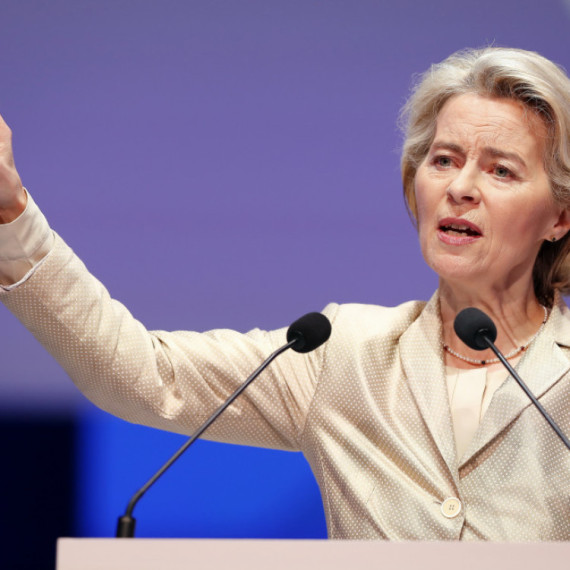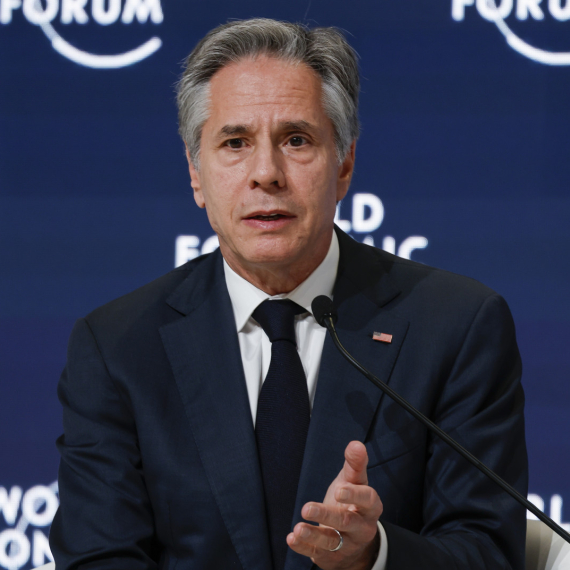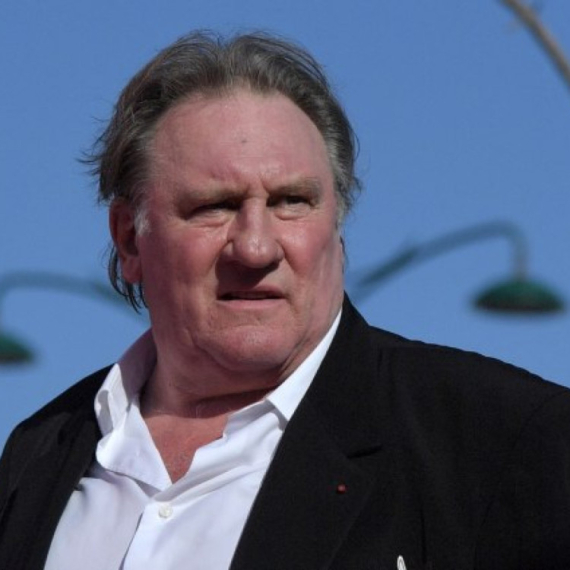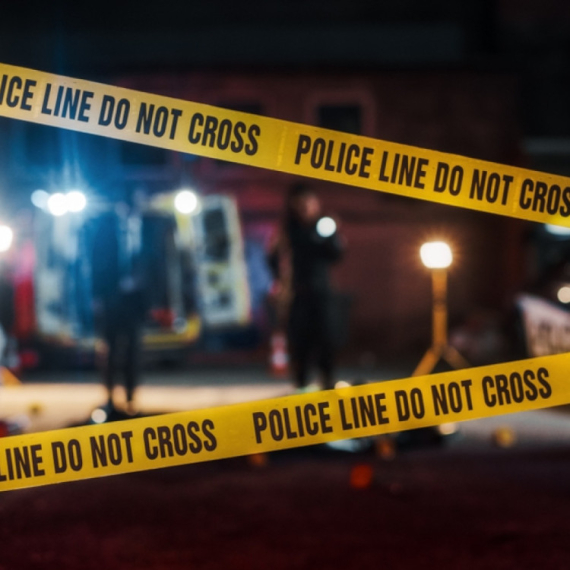Predsednik Socijalisticke narodne partije
Predrag Bulatovic izjavio je da ocekuje da
ce u petak, 10. avgusta, biti nastavljen
rad Radne grupe DOS-a i Koalicije "Zajedno
za Jugoslaviju" na tekstu platforme o novim
odnosima Crne Gore i Srbije. "Platforma
predvidja federalno ustrojstvo drzave i broj
zajedničkih funkcija, koje ce biti primerene
realnoj situaciji" - istakao je Bulatovic
za podgoricke "Vijesti". Kako prenosi Srna,
on je dodao da bi Radna grupa, koja je sa
radom prekinula nakon krize u koaliciji DOS-a
i SNP-a oko zakona o saradnji sa Haskom tribunalom,
platformu o buducim odnosima Crne Gore i
Srbije trebalo da zavrsi do 20.avgusta.
Ovo je arhivirana verzija originalne stranice. Izvinjavamo se ukoliko, usled tehničkih ograničenja,
stranica i njen sadržaj ne odgovaraju originalnoj verziji.



























































Komentari 0
Pogledaj komentare